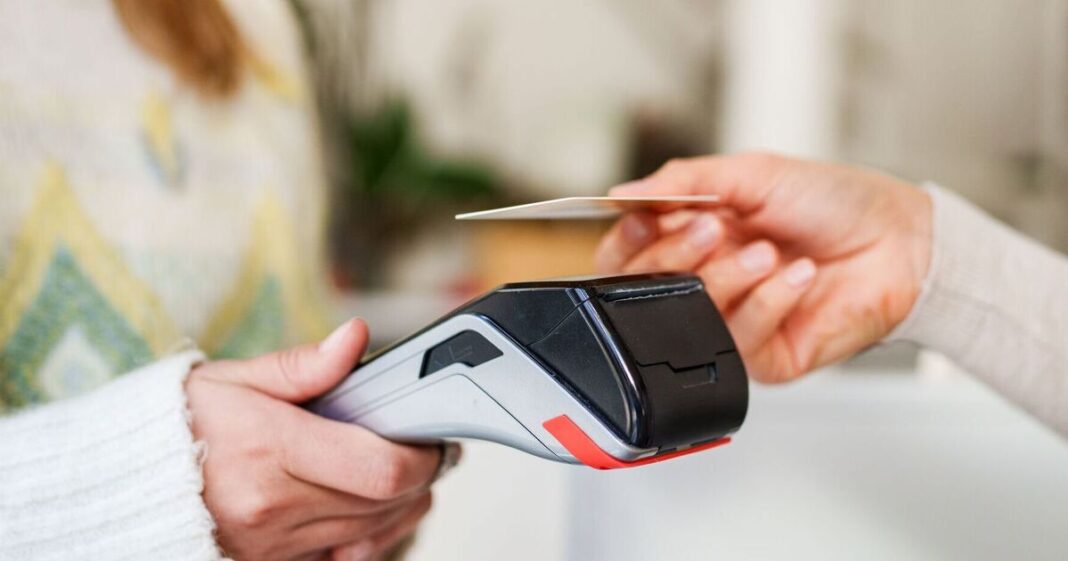The last Friday before Christmas is the day many Britons will get their last salary of the year.
An early payday in what can be the most expensive month of the year may seem like a good idea.
But it will mean many Brits will have to manage another 5-6 weeks until they get paid at the end of January or even for some, the beginning of February.
Those on Universal Credit will also have their money paid early, while other benefit payments due between December 25 and January 2 have been made early to make sure everyone gets the support they need over Christmas, the Department for Work and Pensions (DWP) has confirmed.
People due to receive their Universal Credit payment on December 25 will now receive it on December 24, while those due to receive theirs on January 1 will get paid on December 31.
There will also be payments for other benefits made early, including Child Benefit and Tax Credits.
Rajan Lakhani, personal finance expert at smart money app Plum, said: “These extra funds at one of the most expensive times of year can feel like a relief. However, with January’s pay packet landing on its usual date, you may end up feeling very stretched as it needs to last at least five weeks rather than four.
“My advice would be to use the time off over Christmas to make a quick budget for yourself to get through this period. Remember, this isn’t actually extra money, rather money being delivered earlier that needs to be stretched out for longer. That budget will give you peace of mind at what can end up being a very stressful time of the year.”
Lakhani says it may be helpful to stash the amount away in a savings account and withdraw a set amount each week, so you can stay on track and be sure you’ll have enough at the end of January.
“This will also help with any spending temptations, especially earlier on in the month, because there will be less money available for discretionary purposes.”
Jane Hawkes, a consumer and money expert who blogs at Lady Janey, urged Brits to adopt a 30-day “saving rule and a saving challenge”.
She said: “If you spot something that is a ‘must have’, make a mental note of it but do not seal the deal. Wait 30 days (or at least 14 or 7) and if you still want and can afford to purchase it, then go ahead.
“In the meantime you can think how you can make money before you spend it. For example if a new dress is on the cards priced £30, how can you raise that amount?”
How to make your money go further in January
Hawkes admit it can be tempting when a large amount of cash lands in your bank account, but with these simple tips you may still have some money left in your account when your wages land next month.
- Have a wardrobe clear out and sell unused outfits online or at a car boot sale
- Take a packed lunch and home made coffee to work instead of purchasing
- Share opinions in online paid surveys for reputable sites such as Swagbucks, Survey Junkie and Toluna
- Test products for cash at paidproducttesting.co.uk
- Get cashback on spending using free websites and apps such as Quidco and Top Cashback
- Aoid temptation – make a list and stick to it and do a food shop on your own
- Unsubscribe from marketing emails for new products and services.
- Always yourself the question “Do I really need it?”


